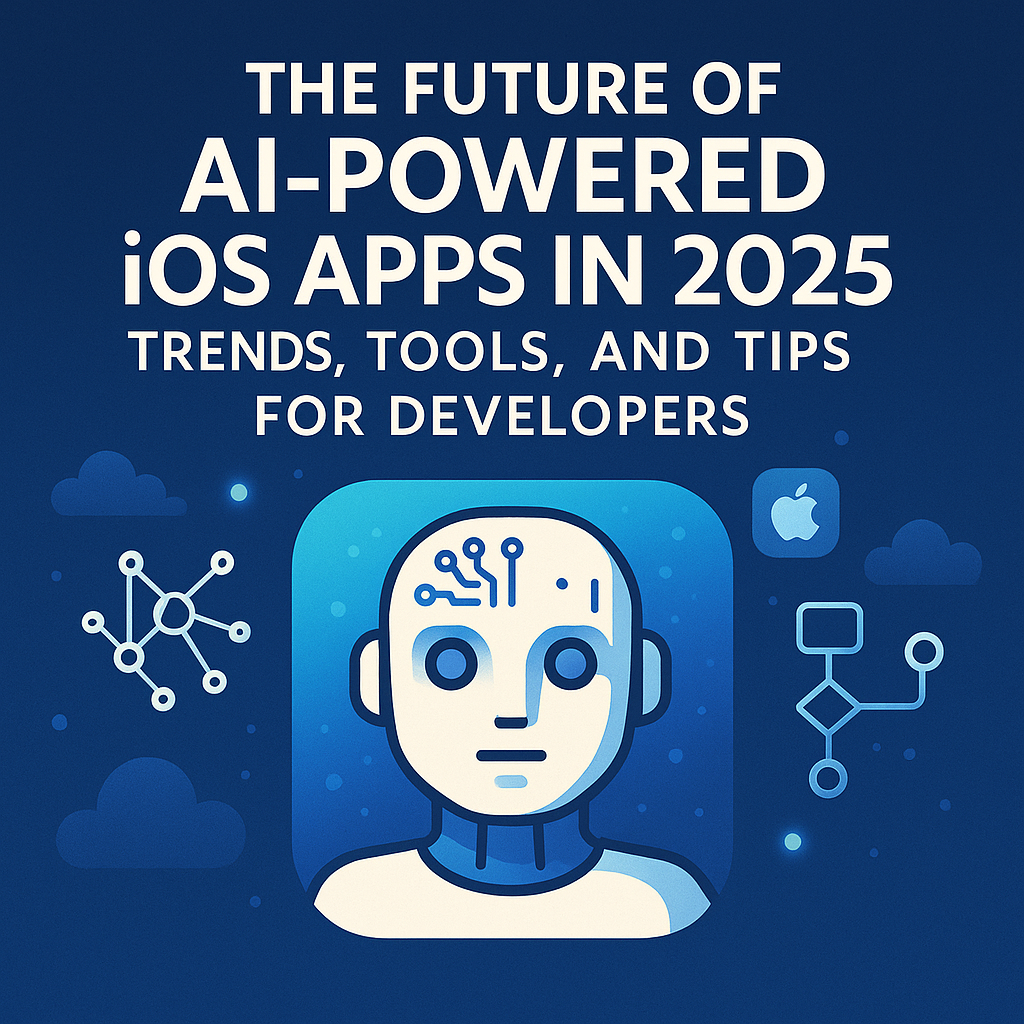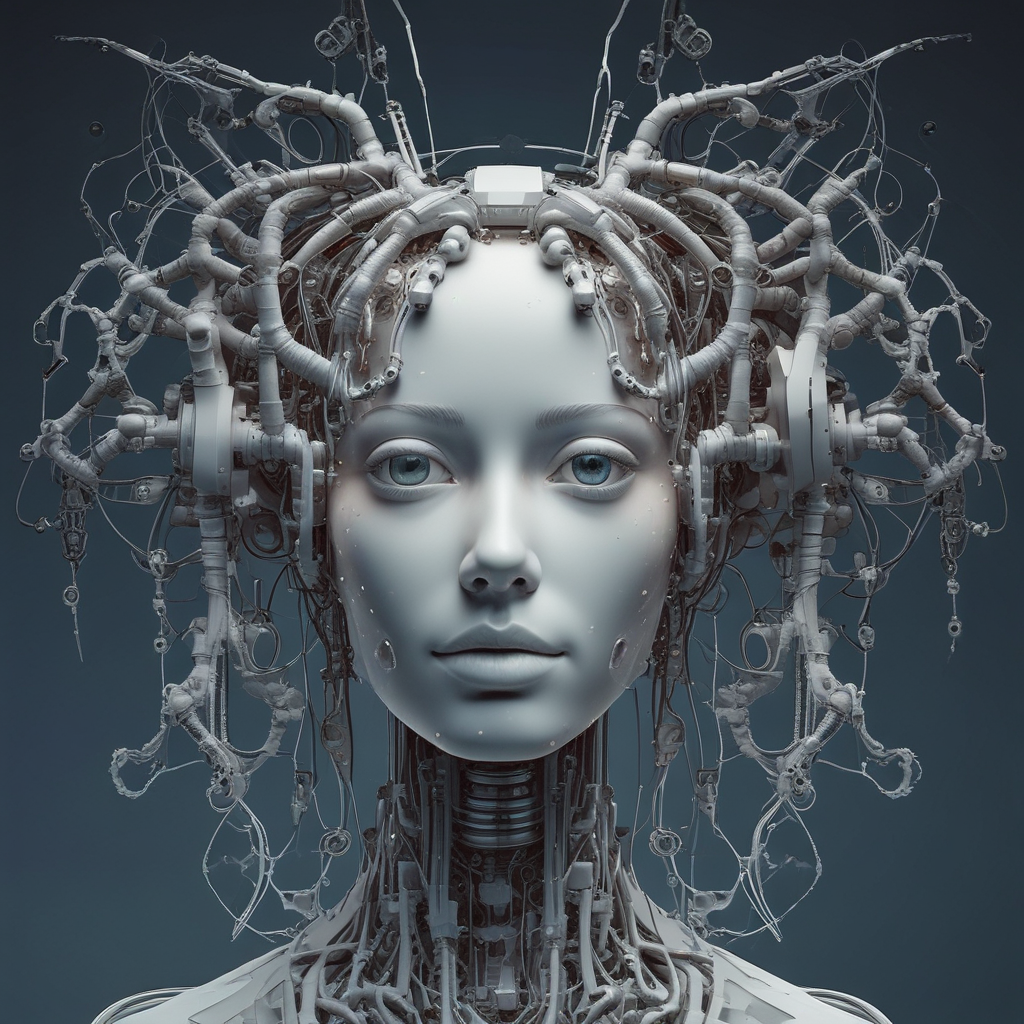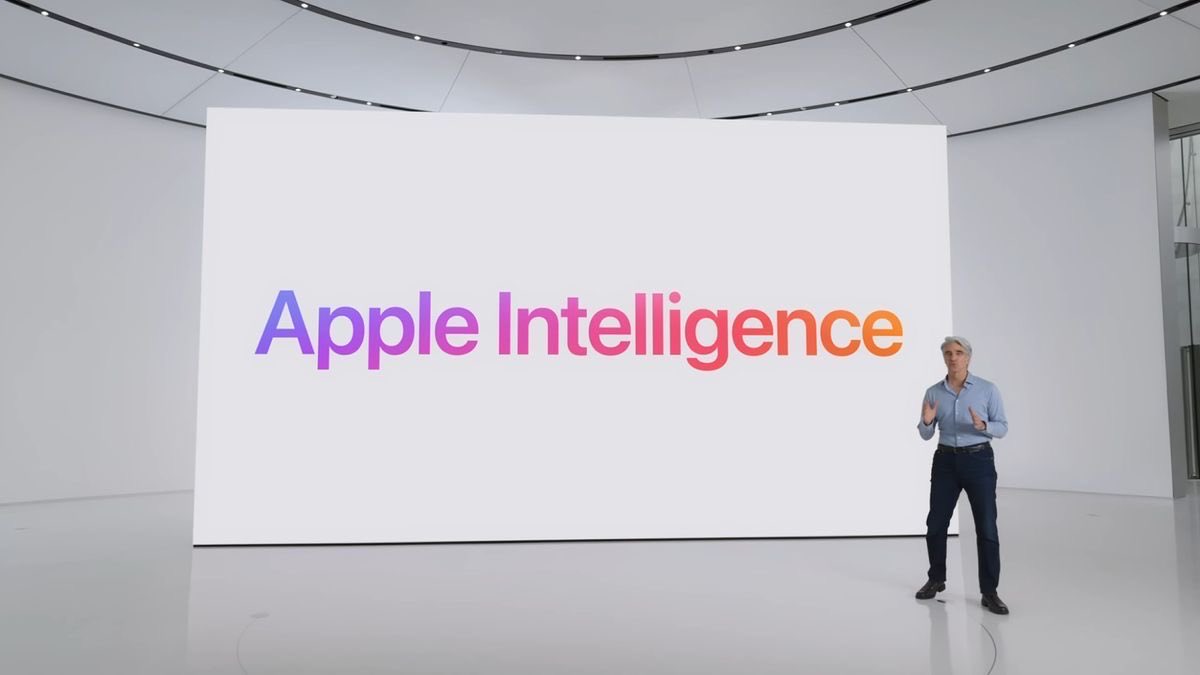Ethical AI in 2025: Crafting Trustworthy iOS Apps That Capture Hearts and Charts
The Future of Ethical AI Development in 2025: Best Practices & Trends
As artificial intelligence continues to revolutionize industries, the importance of ethical AI development cannot be overstated. In 2025, developers and organizations alike are increasingly prioritizing responsible AI practices to ensure technology benefits society while minimizing harm. But what exactly does ethical AI development entail, and how can creators align their projects with these vital principles? In this article, we explore the latest trends, best practices, and actionable insights for developing AI that is fair, transparent, and trustworthy.
Understanding Ethical AI Development
Ethical AI development involves designing, building, and deploying AI systems that uphold core moral values such as fairness, privacy, accountability, and transparency. It is about creating technologies that serve humanity positively without reinforcing biases or causing harm. As the scope of AI expands — from automation to personalized experiences — adherence to ethical guidelines becomes essential to maintain public trust and comply with emerging regulatory frameworks.
Why Ethical AI Matters in 2025
- Public Trust and Adoption: As users become more aware of AI implications, organizations must demonstrate responsibility to foster trust and adoption of their AI solutions.
- Regulatory Compliance: Governments are enacting stricter policies around AI fairness, privacy, and accountability, making ethical practices a legal necessity.
- Reducing Bias and Discrimination: Ethical development actively mitigates biases that can perpetuate societal inequities, ensuring AI decisions are fair.
- Enhancing Innovation: Responsible AI fosters sustainable innovation by emphasizing user-centric design and long-term societal benefits.
Key Principles of Ethical AI Development in 2025
Developers aiming to create ethical AI systems should embrace several foundational principles:
Fairness and Non-Discrimination
- Implement bias detection and mitigation techniques to ensure AI outputs are equitable across different user groups.
- Use diverse datasets for training to avoid reinforcing stereotypes or disparities.
Transparency and Explainability
- Design AI models with interpretability features, allowing users and stakeholders to understand decision-making processes.
- Maintain clear documentation and disclosures on how AI systems operate and make predictions.
Accountability and Governance
- Establish oversight mechanisms, such as ethical review boards, to monitor AI impacts.
- Set clear protocols for addressing unintended consequences or errors arising from AI systems.
Privacy and Data Protection
- Follow data minimization principles and ensure compliance with privacy laws like GDPR.
- Implement robust cybersecurity measures to protect user data used in AI training and deployment.
Emerging Trends in Ethical AI for 2025
- Integration of AI Ethics Frameworks: Organizations increasingly adopt comprehensive ethical frameworks aligned with global standards, such as IEEE Ethically Aligned Design or the EU’s AI Act.
- Use of AI for Ethical Decision-Making: AI tools are being developed to assist humans in ethical dilemmas, ensuring responsible choices in complex scenarios.
- Enhanced Explainability Tools: Advances in explainable AI (XAI) make models more transparent, helping users trust automated decisions.
- Greater Focus on Bias Auditing and Fairness Metrics: Regular audits and standardized metrics help maintain fairness throughout AI systems’ lifecycle.
- Increased Collaboration: Cross-sector partnerships between tech companies, regulators, and academia promote shared responsibility and best practices.
Practical Tips for Building Ethical AI in 2025
- Start with Bias Assessment: Use tools like IBM Fairness 360 or Google’s What-If Tool to identify and address biases early in development.
- Prioritize Transparency: Incorporate explainability features and clear documentation from the outset.
- Engage Stakeholders: Include diverse voices—users, ethicists, regulators—in the development process to align AI with societal values.
- Implement Continuous Ethics Monitoring: Set up ongoing audits to detect and correct ethical issues post-deployment.
- Stay Educated on Regulation: Keep abreast of evolving legal standards and industry guidelines related to AI ethics.
Conclusion: Building Trustworthy AI for a Better Future
In 2025, the landscape of AI development is shifting toward a more responsible and ethical paradigm. Developers and organizations that integrate principles of fairness, transparency, and accountability will not only comply with regulations but also foster trust among users and society. The future of AI depends on our collective commitment to ethical practices—ensuring that technological progress benefits everyone fairly and sustainably. Ready to get started? Embrace these best practices, stay informed about emerging trends, and contribute to shaping an ethical AI future.
FAQs About Ethical AI Development
What is ethical AI development?
Ethical AI development involves designing and deploying AI systems that adhere to moral principles such as fairness, transparency, privacy, and accountability, aiming to benefit society responsibly.
Why is transparency important in AI systems?
Transparency helps users understand how AI makes decisions, builds trust, and allows for accountability and debugging, reducing the risk of unintended harm or bias.
How can developers reduce bias in AI models?
Developers can use diverse datasets, bias detection tools, and fairness metrics, along with regular audits, to identify and mitigate bias in AI systems.
What regulatory changes should AI developers monitor in 2025?
Developers should stay updated on policies like the EU AI Act, GDPR updates, and industry standards that influence ethical standards and data privacy requirements.
Where can I learn more about building ethical AI?
Explore resources such as the IEEE Ethics Guidelines, AI ethics courses from leading universities, and industry reports from organizations like OpenAI and the Partnership on AI.
What’s your take on ethical AI development? Share your thoughts in the comments below or subscribe for more insights on responsible AI innovations!




